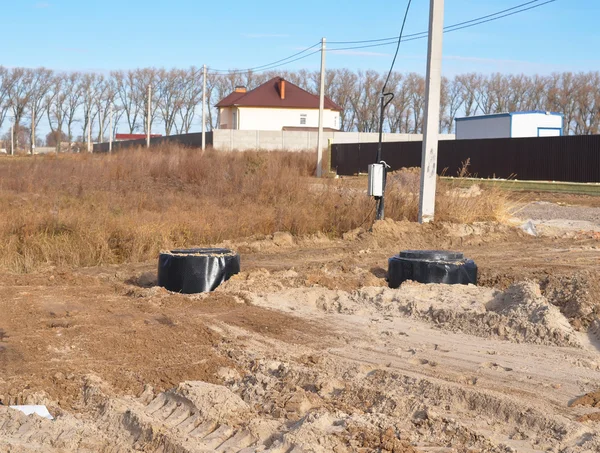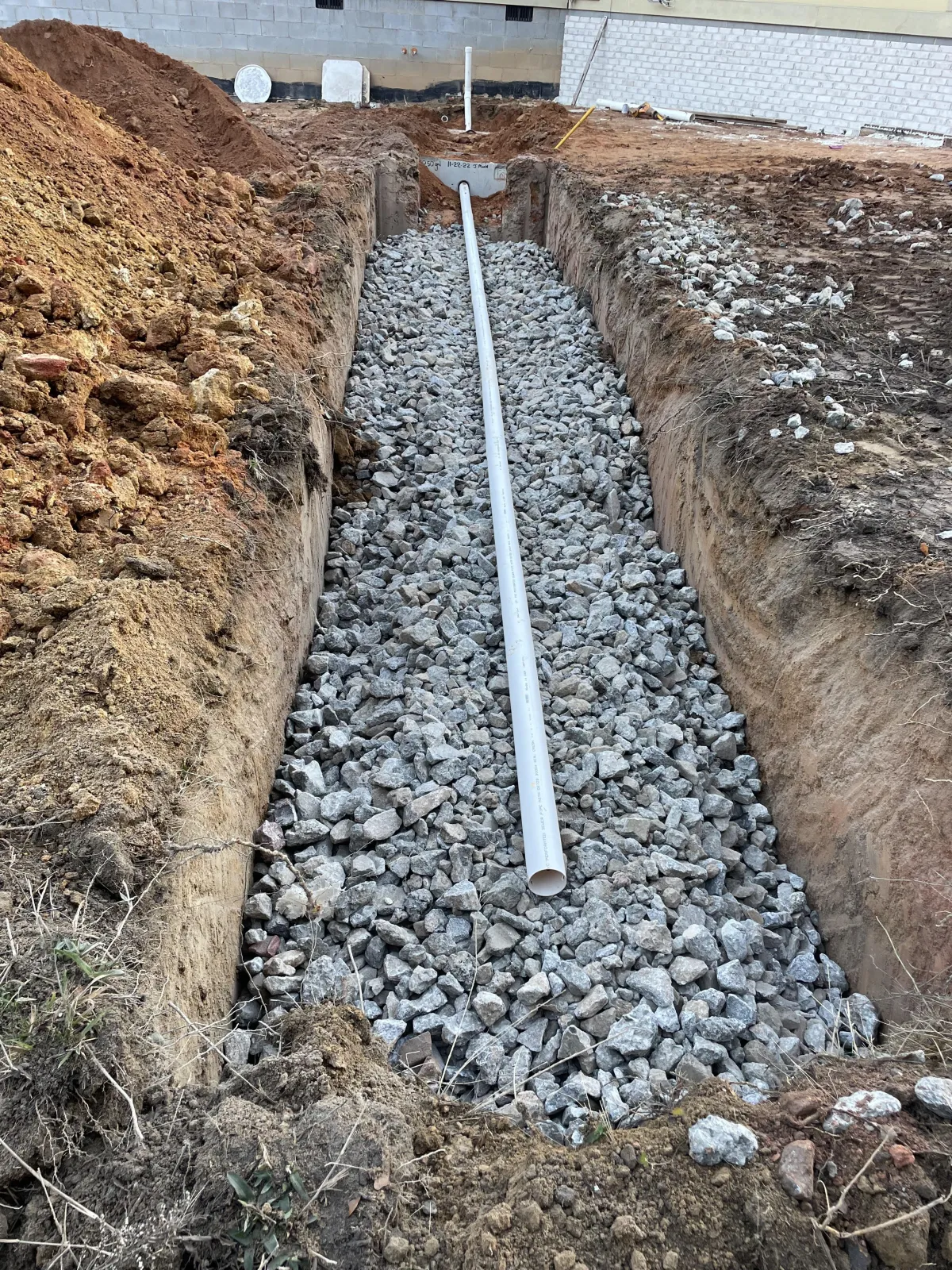
Local Septic Tank Repair Experts in Spartanburg, SC & Surrounding Areas
When septic system problems arise, fast and reliable repair is essential to protect your home, property, and health. Local homeowners across Spartanburg, Greenville, Greer, Gaffney, Boiling Springs, Chesnee, Clifton, Duncan, Landrum, and Wellford depend on professional septic repair experts for quick solutions and long-term system performance. From clogged lines and drain field failures to emergency backups, trusted repair services keep your septic system running smoothly and in compliance with South Carolina Department of Health and Environmental Control (DHEC) regulations.
What Areas Do Septic Repair Experts Serve?
Septic repair experts serve a wide range of communities, ensuring quick response times for both residential and commercial properties. In addition to Spartanburg, homeowners in Greenville, Greer, Gaffney, Boiling Springs, Chesnee, Clifton, Duncan, Landrum, and Wellford can rely on local contractors for dependable septic repair services.
What Are the Most Common Septic Tank Problems in Spartanburg?
Homeowners in Spartanburg and surrounding towns often face several septic system challenges. Cracked or corroded septic tanks are a frequent issue, especially in older homes, while tree roots can intrude into pipes and drain fields, causing blockages. Sludge buildup can overload a system, saturated drain fields can prevent proper drainage, and broken baffles often lead to backups. These problems are especially common in older neighborhoods in Gaffney as well as in newer housing developments in Boiling Springs and Greer.
How Are Septic Tank Repairs Performed?
Septic tank repairs involve a variety of techniques depending on the severity of the problem. Contractors often begin with pumping and cleaning the tank to remove buildup before addressing the underlying damage. Repairs may include replacing damaged pipes, restoring clogged or saturated drain fields, or sealing cracks to stop leaks. In some cases, risers and access ports are installed to make future maintenance easier. Each repair process is customized to the soil conditions and property layout in Spartanburg County and its surrounding towns.
Why Hire Local Septic Repair Experts Instead of DIY?
While some homeowners may consider handling septic issues on their own, DIY repairs often cause more harm than good. Local septic repair experts in Spartanburg, Greenville, and Greer follow DHEC regulations to ensure compliance with health and safety standards. They use advanced equipment, accurately diagnose issues, and provide long-lasting solutions. Choosing professionals instead of attempting DIY repairs reduces the risk of contamination, system failure, and expensive property damage, while also giving homeowners peace of mind through warranty-backed service.
How Do Emergency Septic Tank Repairs Work?
When a septic emergency happens, quick action is critical. In towns like Wellford, Duncan, and Chesnee, septic repair experts respond immediately by first inspecting and diagnosing the issue. If necessary, they pump out excess waste to relieve pressure before repairing or replacing faulty components. Once the problem is resolved, the system is thoroughly tested to ensure it is functioning properly before the technicians leave the property.
How Often Should Septic Tanks Be Inspected and Repaired?
Septic systems require consistent care to remain reliable. Experts recommend scheduling inspections every one to two years to catch problems early, while repairs should be completed as soon as any issues are detected. Regular pumping every three to five years is also advised to prevent sludge buildup and backups. This proactive approach extends the lifespan of septic systems across Landrum, Clifton, and surrounding communities while avoiding the need for costly emergency repairs.
What Are the Best Practices for Preventing Septic Tank Damage?
Homeowners in Greenville, Spartanburg, and nearby towns can prevent septic tank damage with proper care. Reducing household water usage helps prevent overloading the system, while avoiding the flushing of non-biodegradable items reduces blockages. Using septic-safe cleaning products keeps the bacterial balance healthy, and keeping vehicles or heavy equipment off the drain field protects it from compaction and damage. Following these best practices significantly reduces the likelihood of expensive repairs.
How Much Do Septic Tank Repairs Cost in Spartanburg?
The cost of septic repairs in Spartanburg and nearby areas varies based on several factors. The size and age of the tank, the type of damage—such as minor cracks compared to a complete drain field failure—and the soil conditions in towns like Greer, Gaffney, and Boiling Springs all influence the price. Emergency services may also add to the total cost. For the most accurate estimate, homeowners are encouraged to request quotes from multiple providers to ensure fair and transparent pricing.
Final Thoughts
Septic repair experts in Spartanburg, Greenville, Greer, Gaffney, Boiling Springs, Chesnee, Clifton, Duncan, Landrum, and Wellford provide essential services that protect homes and properties. By investing in regular inspections, timely repairs, and preventive maintenance, homeowners can ensure their septic systems remain efficient and compliant with regulations. Choosing local experts not only saves money in the long run but also guarantees reliable service when it is needed most.

Can Septic Systems Be Environmentally Friendly?
Yes, properly maintained septic systems are designed to safely process wastewater without harming the environment. By scheduling routine inspections, repairing leaks, and avoiding chemical overuse, homeowners in Spartanburg, Greenville, and surrounding areas can reduce groundwater contamination and support a healthier ecosystem.
What Signs Indicate a Septic Tank Is Failing?
Warning signs of a failing septic system include slow-draining sinks and toilets, unpleasant odors around the yard, unusually green or soggy patches of grass, and wastewater backing up indoors. If residents in Gaffney, Boiling Springs, or Landrum notice these symptoms, they should contact a septic repair expert immediately.
Do Septic Tanks Need Additives to Function Properly?
Many companies market septic additives, but most well-functioning systems do not need them. Natural bacteria already present in the tank effectively break down waste. In Spartanburg and Greer, professionals often recommend avoiding unnecessary chemicals, as some additives can disrupt the natural balance and damage the system.
How Long Does a Septic Tank Typically Last?
With proper maintenance, a septic tank can last 25 to 40 years or more. The exact lifespan depends on factors such as tank material, household water usage, and soil conditions in areas like Clifton, Duncan, and Wellford. Timely repairs and regular pumping greatly extend the service life of the system.
What Should Homeowners Avoid Planting Near a Septic System?
Trees and shrubs with aggressive root systems, such as willows or maples, should never be planted near septic tanks or drain fields. Their roots can penetrate pipes and cause severe damage. In Spartanburg County and surrounding towns, experts recommend planting only grass or shallow-rooted plants above the system to avoid costly repairs.
